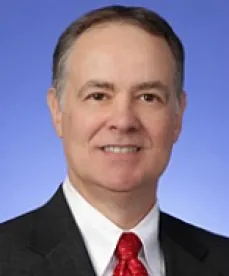In late April, Congressman Darrell Issa (R-CA) and Congresswoman Zoe Lofgren (D-CA) in the House of Representatives, and Senators Orrin Hatch (R-UT) and Sheldon Whitehouse (D-RI) in the Senate, announced that they were introducing the “Promoting Automotive Repair, Trade and Sales (PARTS) Act of 2013” (H.R. 1663). The legislation would amend patent law to reduce the length of a design patent issued on the external automotive parts used in collision repairs (bumpers, headlights, door panels, etc.), from 14 years to 30 months. As such, if enacted, parts manufacturers would be free to copy the design of such parts much sooner, without fear of a claim of patent infringement from the patent holder arising from the design of the part. For this reason, proponents of the legislation claim that it would increase competition in the repair parts market, potentially lowering insurer costs and insurance premiums for insureds.
Not surprisingly, several insurance trade groups voiced their strong support for the bill. The Property Casualty Insurers Association applauded the legislation as “good for consumers, businesses and the U.S. economy,” claiming that “it will encourage greater competition among parts suppliers.” Similarly, a spokesman for the National Association of Mutual Insurance Companies stated that the PARTS Act “provides for a reasonable amount of exclusivity for auto manufacturers while still ensuring reasonable pricing through competition over the long term,” and stated that the Act “would simply ensure consumers will have more choices in the marketplace.” NAMIC has also stated that aftermarket parts can cost up to 50% less than those made by original equipment manufacturers and that, consequently, the use of aftermarket parts (which currently only constitute a small portion of the parts market and would presumably increase if the bill was passed) already saves consumers over $1.5 billion per year.
Despite the bipartisan introduction of the legislation, its prospects for passage are uncertain at this time. While Senator Hatch announced that he was “hopeful we can get this legislation passed by both the House and Senate and signed into law soon,” similar legislation was introduced in the 112th Congress (H.R. 3889) but failed to advance out of committee. Moreover, at a hearing on H.R. 3889 last year, several Representatives voiced concerns about whether the legislation would reduce manufacturer incentives to innovate and invest in research and development. Those opposing the legislation included Congresswoman Maxine Waters (D-CA), who stated that she just “did not like the idea of investing in a patent, and then all of sudden it is not yours after a short period of time.”
The new bill, H.R. 1663, has been sent to the House Judiciary Committee for further action.



 />i
/>i

